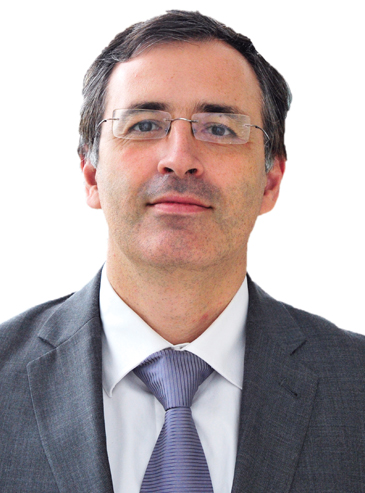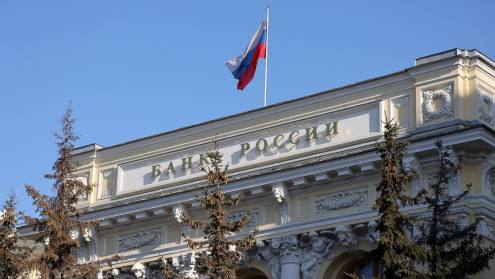Sergei Guriev had a long time to prepare himself for the move to London. The European Bank for Reconstruction and Development (EBRD) announced his appointment as a replacement for previous chief economist Erik Berglof in November 2015 – 10 months before Mr Guriev officially took over the role in September.
Mr Guriev was already acquainted with his new employer. Alongside his role as visiting professor at Sciences Po university in Paris from 2013, heworked on the annual transition reports of the EBRD with Mr Berglof, who was with the bank for nine years before he left for the London School of Economics to launch the Institute of Global Affairs in February 2015.
Still, Mr Guriev could be seen as a more controversial choice than his Swedish predecessor, given his voluntary self exile from Russia following interviews by police investigators in 2013. Before his departure, Mr Guriev was rector and professor of economics at Moscow’s New Economic School, while acting as board member at the likes of Sberbank, Russian Agricultural Bank and Russia Venture Company.
All of this is valuable experience for his new role, however.
“At the EBRD, the role of chief economist should not just be filled by an academic,” says Mr Guriev. “It should also be a person who understands the business of this institution because, first and foremost, the EBRD is a private sector-oriented bank – it works with projects, it works with business – and without understanding how the business works, it is impossible to become a fully suitable chief economist.”
Shaping the future
Mr Guriev joins the bank at a time when no new investments are being made in his home country due to guidance by the EBRD’s shareholders to stop investing in Russia. This is also a time in which the bank is broadening its range of countries of operations. With Egypt, Jordan, Morocco and Tunisia having joined as recipient countries of EBRD funds after the Arab Spring of 2011, and Lebanon rumoured to be seeking membership, the EBRD region is getting more and more diverse.
“It is important to understand that one-size-fits-all solutions don't work,” says Mr Guriev.
One thing that all countries do have in common, however, is the need for reforms. Mr Guriev stresses that finding the support for those is crucial. “Not only do you have to design reforms, not only do you need to make sure reforms benefit everybody, you need to also sell the reforms in the positive sense of the word so that the public understands why these reforms are done,” says Mr Guriev. “Both the public relations side and the media side are very important parts of the reform process.”
It is not always easy to convince a population of the need for reforms, however. Even those that have been designed to help have at times failed because the reformers did not have the time, understanding or willingness to engage the people. Poland is an example of this, where the party that took the country through its successful transformation process lost the elections in November 2015.
Accepting change
“We need to think about why voters may or may not accept the view that a transition has been successful,” says Mr Guriev. “In this year’s Transition Report, we are studying which parts of society in which country have benefited from transition, how their living standards, how their well-being has changed due to transition and how they view issues such as market economy, democracy, privatisation. These issues are extremely complex and their complexity is different in different countries.”
Mr Guriev is keen to share his experience with transition and reform with the EBRD’s countries of operation, as he believes there is still more educational work needed in the region. To compensate those losing out through reforms, the state must prove it can deliver to people who are losing their vested positions, which is something taken for granted in Western countries, he says.
“In many of our countries of operation, a real functioning and credible state is just appearing,” says Mr Guriev. This is why, he believes, in the countries that have managed to build a credible political system, successful irreversible reforms are visible.
Meanwhile, in countries where the political system is not institutionalised, reforms often go in circles and countries get stuck in transition, he adds. This is one of the areas where Mr Guriev, as chief economist, will seek to continue the EBRD’s work.












